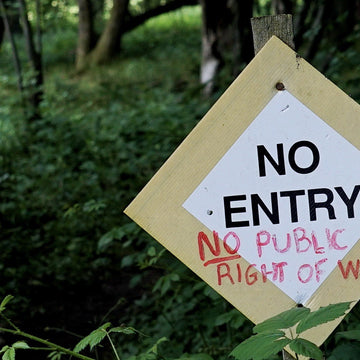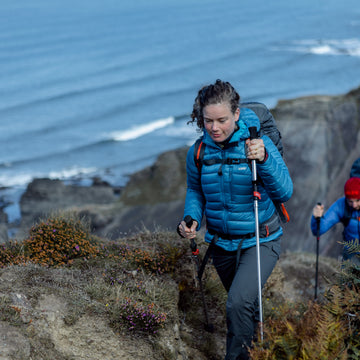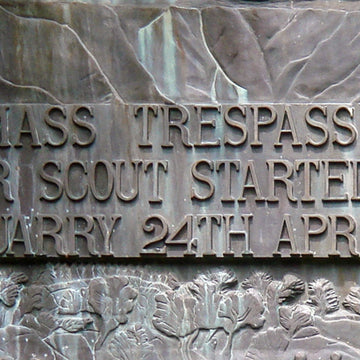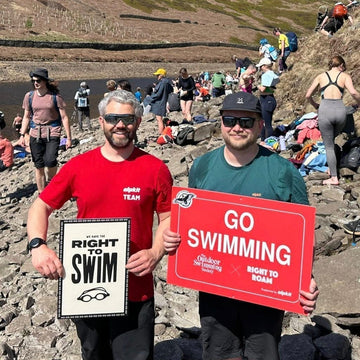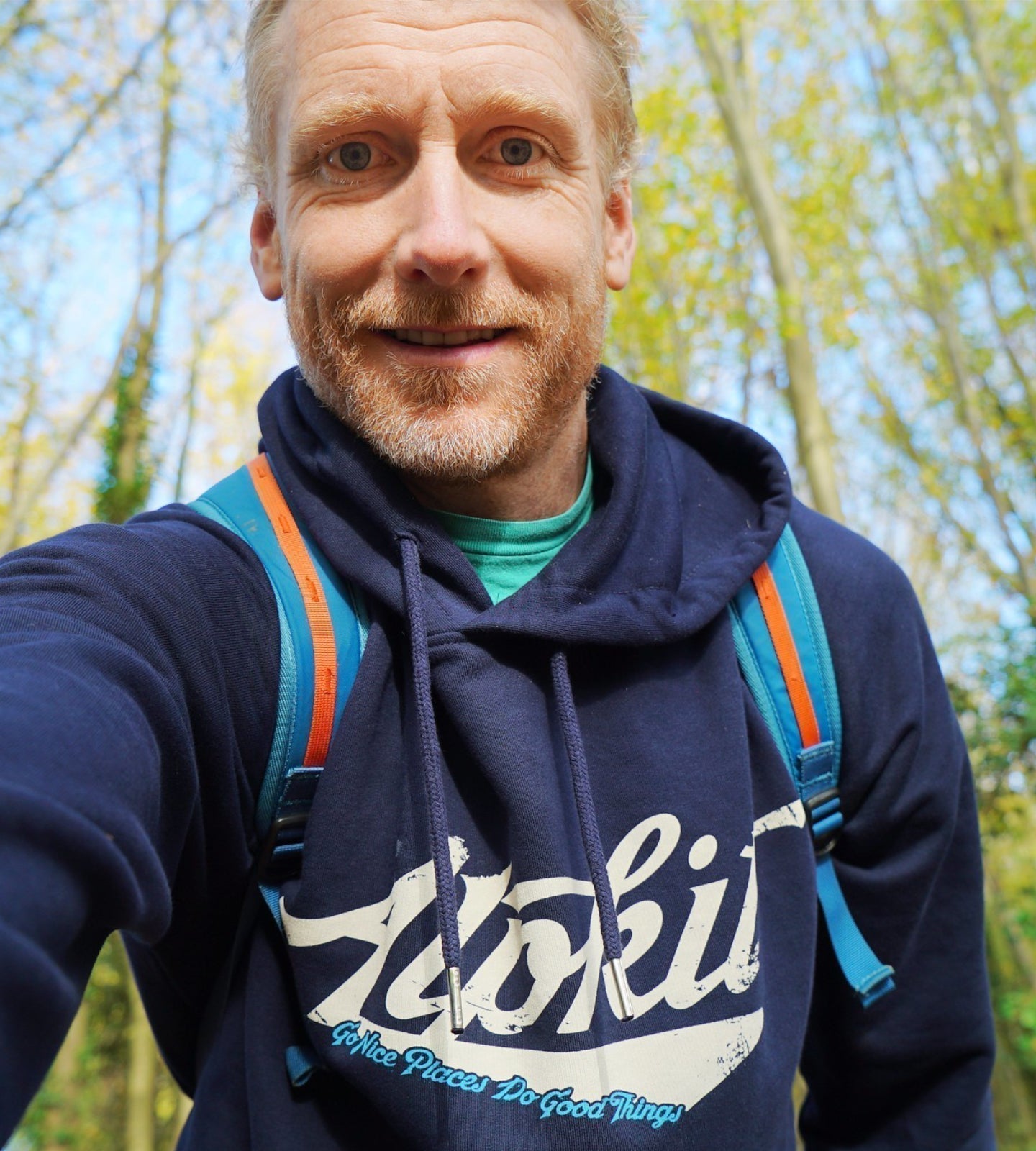
Adventurer Al Humphreys takes a look at the importance of access to our countryside and how activities such as wild camping bring us closer to nature and give us an opportunity to leave a positive trace.
So much of England’s countryside and of rivers are off-limits to the public. Laws of trespass keep us fenced out of landscapes we long to roam, disconnecting us from nature, adventure, and the quiet freedom that wild places offer. But is our only option to stay obediently on the path? Or can we find a way to wander responsibly, leaving a positive trace instead of a destructive one?

For years, I was not concerned about the right to roam movement. We have an incredible network of public footpaths in Britain, And whenever I fancy going for a swim I've always been quite happy just to jump into the river or lake. When wild camping I was happy to keep a low profile—bivvying quietly, leaving no trace, and making sure I was gone before the world woke up. I’ve had so many microadventures over so many years, with no problems at all.

But then I began learning more about land use—how much of our countryside isn’t a thriving wilderness but a degraded, neglected, ecologically barren place. If our woods and meadows were utopias stuffed with nature, I’d be more willing to stay obediently on the path. But they aren’t. Our green deserts, stripped of biodiversity, tell a different story. Grouse moors burn. Rivers suffocate in pollution. And all the while, we’re told to keep out, to stay in our designated spaces. The Keepers of the keys are not taking care of the places they exclude us from, even though they often use the argument that roamers like me would ruin the countryside.
This disconnect of all this exclusion is dangerous. The less we tread these hills, sleep under the stars, swim in the rivers, the less we notice the damage being done. The less we care. And if we don’t care, we won’t demand change. That’s why we need more people in more places, witnessing, learning, and engaging.
There’s an irony in the phrase “Leave No Trace.” Of course, we should tread lightly—packing out our rubbish, respecting wildlife, and not trampling wildflowers. But what if, instead of leaving no trace, we made more effort to leave a positive trace? A smile to a stranger. A cleaned-up fire pit. A friendly conversation with a farmer. Instead of sneaking through the land as if we don’t belong, what if we walked through it as caretakers?

Because who is going to fix this mess? The writer Molière said, ‘It is not only for what we do that we are held responsible, but also for what we do not do.’ We need to get involved. Us, the wanderers. Those who run at sunrise, paddle rivers, and roll out a sleeping back at dusk need to step up and take care for places. The solution isn’t just about demanding more access—it’s also about proving we deserve it. If we leave the land better than we found it, perhaps we can shift the conversation from exclusion to stewardship.
This isn’t about division. It’s not about pitting landowners against walkers, or farmers against campers. I’ve never met anyone who doesn’t love nature, who wouldn’t prefer our countryside to be thriving and sustainable. Everyone loves a sunrise, a woodland in spring, a view from a hilltop. We have a great deal in common.
The countryside matters—for food, for livelihoods, for wildlife, for adventure. And my time spent roaming, gently trespassing, and reading books about both sides of the debate has convinced me that it is possible for all these things to exist together.
We just have to pull in the same direction. Not by shouting angrily on Twitter or across a farmer’s fence—but by with what we share: I love nature. You love nature too. How can we make all this work better?
LEAVE A TRACE MUST READS
Here are three books to dig deeper into the Leave a Trace ethos:
1 The Trespassers Companion by Nick Heyes
2 The Lie of the Land: Who Really Cares for the Countryside? Guy Shrubsole
3 Local: A Search for Nearby Nature and Wildness by Alastair Humphreys
Follow Als Adventures and be inspired to create your own.

